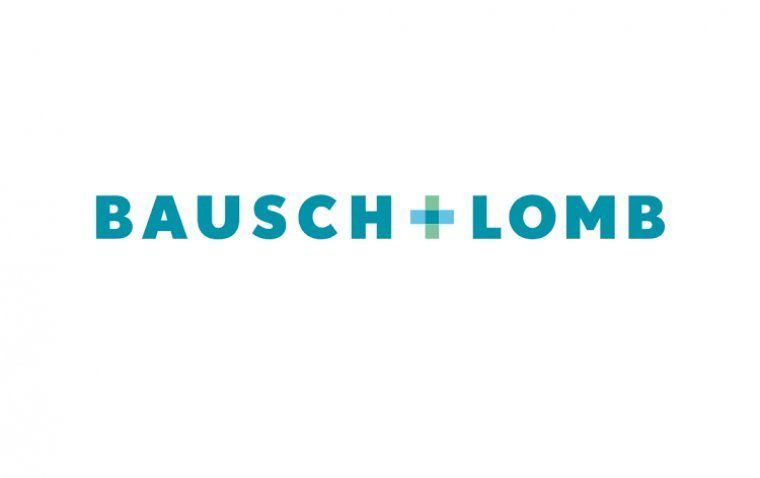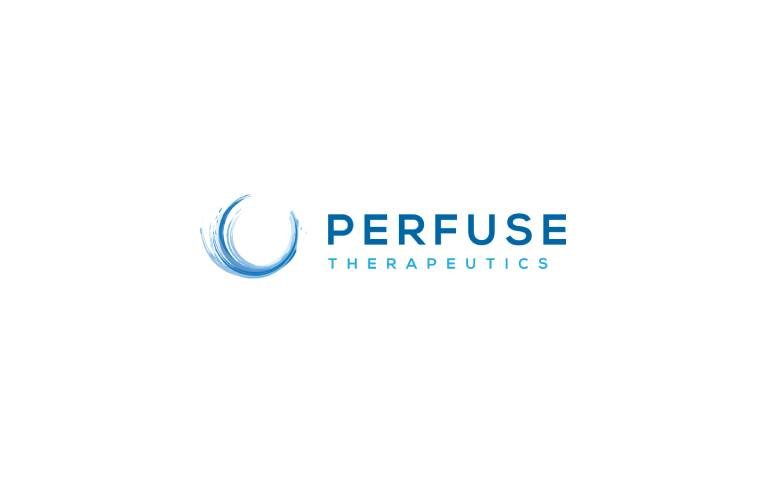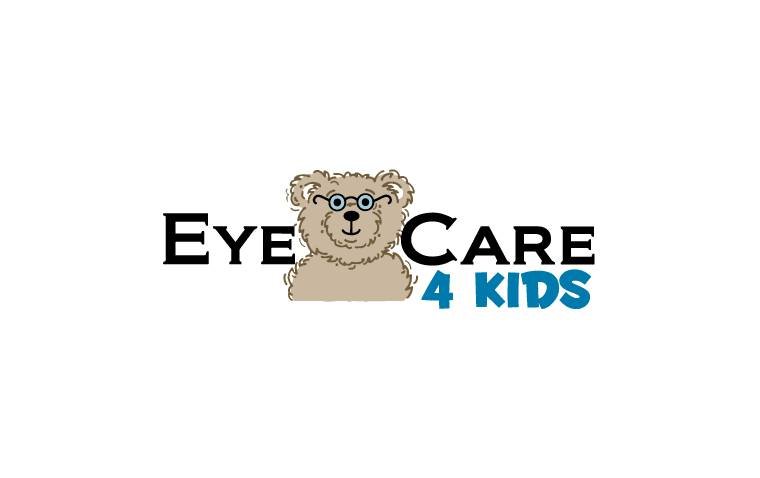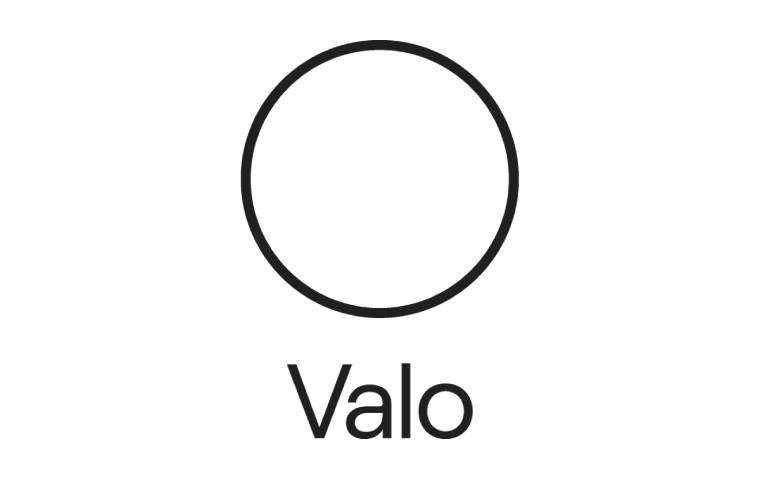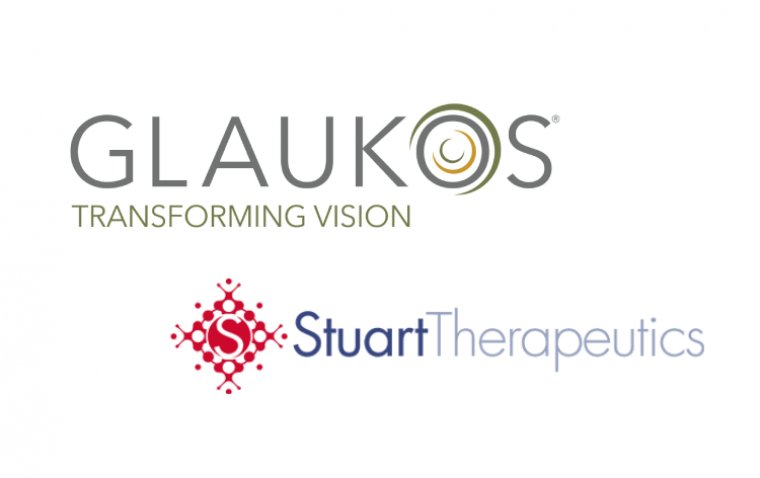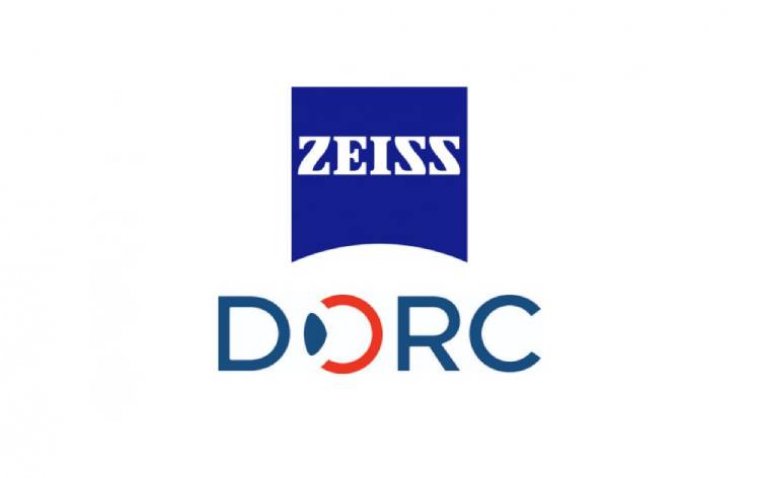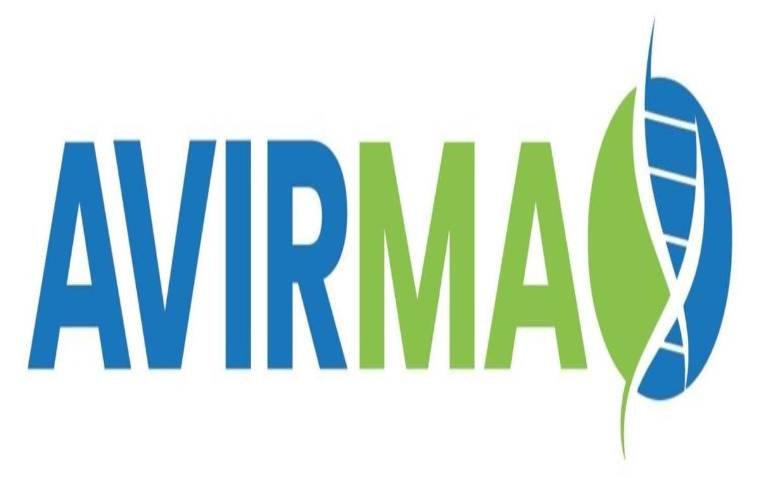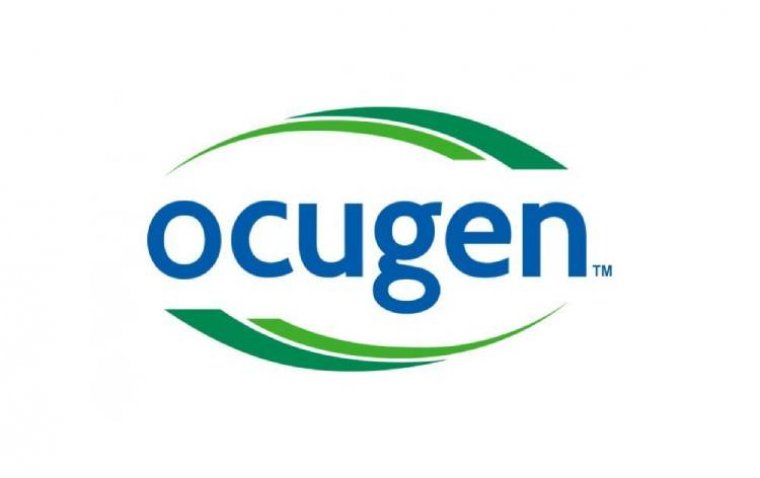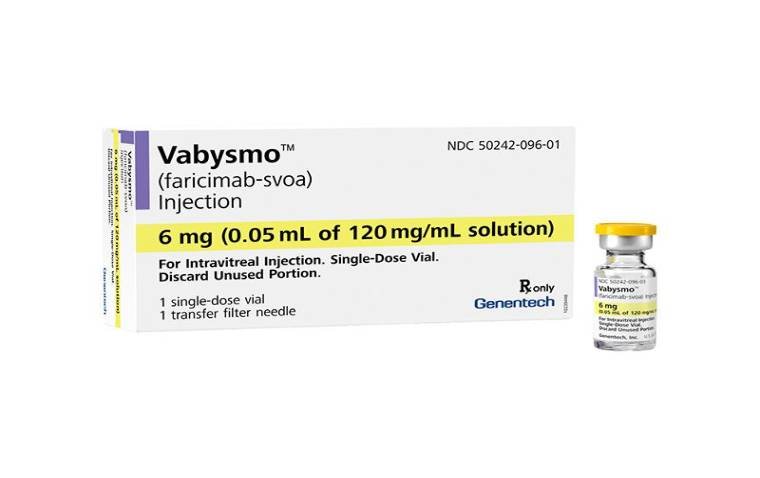
Genentech’s Phase 4 Study Confirms Vabysmo’s Efficacy in Diverse DME Populations
Genentech recently announced encouraging one-year results from its phase 4 ELEVATUM study evaluating Vabysmo (faricimab-svoa) for diabetic macular edema (DME) in racially and ethnically underrepresented populations. The findings, presented at the American Academy of Ophthalmology (AAO) 2024 annual meeting in Chicago, underscore substantial vision improvements among the study’s diverse participants.
Study Overview: Vabysmo’s Impact on Vision for Underrepresented Groups
The ELEVATUM study, an open-label, single-arm clinical trial, tracked visual outcomes in 124 U.S.-based participants treated with Vabysmo every eight weeks for DME. After one year, patients demonstrated an average improvement of 12.3 letters on an eye chart, equivalent to roughly two and a half lines of vision gain. This promising result was consistent across various racial and ethnic groups, reflecting Vabysmo's potential as an effective treatment across a diverse patient population.
Specific Improvements by Demographic Group
The study provided noteworthy results within specific demographics:
• Hispanic and Latino Participants: Entering with the most severe DME cases, this group saw an average improvement of 14.1 letters, or nearly three lines of vision gain.
• African American and Black Participants: These participants achieved an average improvement of 11.3 letters, further demonstrating the treatment’s efficacy.
Expert Insights on Vabysmo’s Effectiveness in Underrepresented Groups
Dr. Jeremiah Brown of Retina Consultants of Texas, who presented the study data, emphasized the importance of this study for patients disproportionately affected by DME.
“Vabysmo has been shown to be an effective first-line treatment for diabetic macular edema, and for the first time, we now have data demonstrating its ability to improve vision in Black, African American, Hispanic, and Latino patients who are disproportionately impacted by this condition,” Dr. Brown stated. “I felt it was important to take part in this groundbreaking study and hope the findings will inform and improve the care we provide to our patients.”
Consistent Efficacy in Retinal Drying and Reduced Retinal Swelling
Aligned with results from the phase 3 YOSEMITE and RHINE studies, the ELEVATUM trial further validated Vabysmo’s effectiveness in reducing retinal swelling across all participant groups. The study noted an average central subfield thickness (CST) reduction of 206.3 microns—a key indicator of reduced retinal fluid and inflammation.
Genentech’s Commitment to Representation in Clinical Trials
Genentech designed the ELEVATUM study to address the representation gap in clinical trials. In doing so, the company set eligibility criteria that ensured broader inclusion:
• Representation Focus: 45% of participants identified as Hispanic or Latino, and 48% as Black or African American.
• Expanded HbA1c Criteria: Participants with hemoglobin A1c (HbA1c) levels up to 12% were included, exceeding the usual 10% threshold common in similar trials, which often excludes patients from diverse backgrounds due to varied HbA1c levels.
Dr. Gregory A. Rippon, Vice President of U.S. Medical Affairs at Genentech, highlighted the study’s broader goals:
“Though certain ethnic and racial groups are disproportionately affected by DME, they lag far behind in clinical trial representation. We conducted the ELEVATUM study to address this issue, understanding how underrepresented patient populations respond to treatment with Vabysmo to help deliver better, more equitable care and change how clinical trials are designed in the future.”
(1).jpg)
